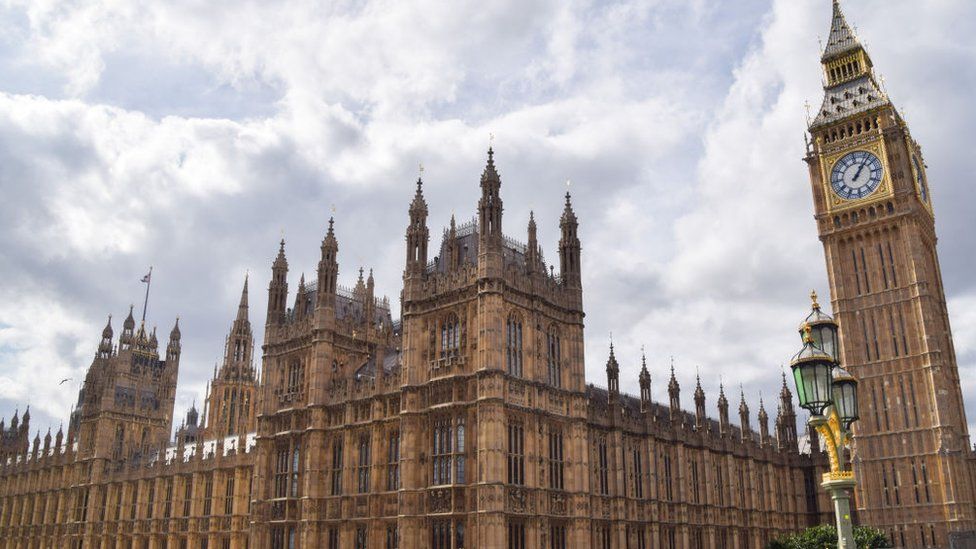
For years, Disabled people have faced significant challenges in finding suitable accommodation appropriate to their needs. As the housing crisis deepens, exacerbated by a lack of accessible options, Members of Parliament are finding themselves squarely in the firing line.
The Hidden Housing Market report by Habinteg Housing Association (September 2023) identifies a hidden demand for accessible housing, with 1.8 million Disabled people needing accessible homes and a significant portion willing to buy. It emphasizes the economic case for building more accessible homes, while their earlier 2020 report shows a decrease in the proportion of new homes required to meet accessibility standards in England, raising concerns about future availability.
MPs have been told that they must end years of delays and fix accessible housing crisis in written evidence from Disabled campaigners and allies to the Commons levelling up, housing and communities committee as part of its inquiry into housing for Disabled people.
Disabled people find ourselves further marginalized by a housing market ill-equipped to cater to our needs. The repercussions of this failure are profound, affecting the well-being and independence of countless individuals.
Mikey Erhardt, policy and campaigns officer for Disability Rights UK, of which WECIL is a member, told of the cross-party Levelling up, Housing and Communities Committee, at an evidence-hearing as part of their inquiry, that MPs share a portion of the blame for the accessibility crisis gripping the nation. He told the inquiry “There is very little provision for accessible housing in this country, even less provision for accessible affordable housing, and even less provision for accessible, affordable housing in your local area.”
We don’t need to look far to see the validity of such claims. Despite repeated calls for action and promises of improvement, tangible progress remains elusive. The accessibility gap persists, leaving many Disabled people languishing in unsuitable living conditions or facing insurmountable obstacles in securing appropriate housing.
Not only is it unacceptable for society to Disabled people and their families to make do in homes which limit their independence, dignity and overall life opportunities, but research by Habinteg and the London School of Economics into the social and economic value of accessible homes evidences that ensuring adequate homes for Disabled people could save the public purse millions over a 10-year period.
In the face of this mounting crisis, MPs have come under increasing scrutiny for their failure to enact meaningful change. While some efforts have been made, they are often perceived as token gestures, falling short of addressing the systemic issues at play. From inadequate funding to insufficient regulations, the root causes of the accessibility crisis remain unaddressed, perpetuating a cycle of neglect and marginalization.
WECIL’s CEO, Dominic Ellison said ‘The urgency of the situation cannot be overstated, as each passing day sees more Disabled people consigned to a life of limited opportunities and diminished quality of life. More needs to be done across government at all levels to ensure that Disabled people have access to quality homes that meet their needs. It is time for MPs to step up to the plate, confront the failures of the past, and pave the way for a future where accessible housing is not a luxury but a fundamental right for all. Anything less would be a betrayal of the very principles of equality and inclusivity that form the cornerstone of a just society.’
The Disability Action Plan, published by the Government this February, has been roundly criticised for not addressing the housing crisis faced by Disabled people.



